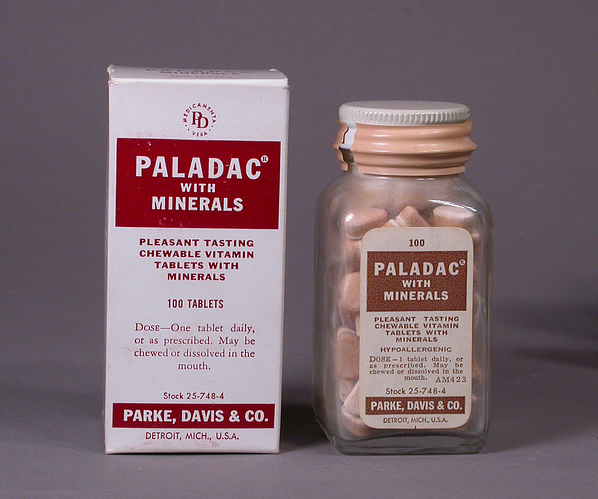Adipose cells vary a little depending on type, but last I read, their official life span is eight years. However, the life span of the content within them has a half-life of two years. So there is more to the question than merely the overall cell.
I consider fasting studies the only comparison for actual fasting. One thing that the research does seem like it makes clear is that there is a difference between under-eating (resulting in making one a ‘competitive eater’ and ‘competitive survivor on minimal calories by reducing metabolism’) and not-eating (resulting in making one a ‘competitive hunter’ and ‘competitive survivor on no calories by increasing metabolism so you can hunt for more, or you’re screwed’).
So for example, while the results of Keyes’ studies on this are fascinating, I consider it an excellent example of what happens when people are anorexic or diet (in today’s world) – not a good comparison for people who do short term fasting.
PJ




